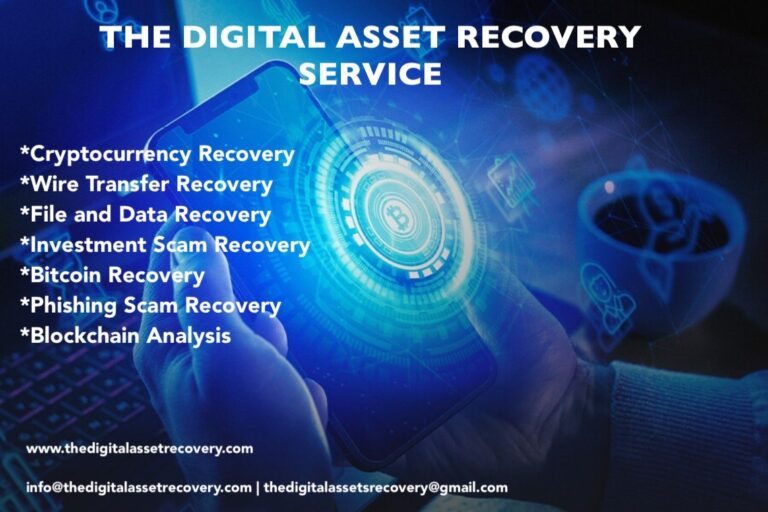Professional Product Testers

Ever wondered how products land on store shelves, perfectly crafted to meet consumer demands? Before they become available for purchase, companies often turn to professional product testers who examine these items based on specific criteria. In this article, we take a deep dive into the world of product testing and unravel what it takes to be a successful professional tester.
The Role of a Professional Product Tester
Here you can read more about a product tester
A professional product tester closely assesses and evaluates different types of products before their market release. Their primary responsibilities involve identifying potential issues, providing accurate feedback, meticulously documenting findings, and ensuring that each product meets both company standards and consumer expectations. These individuals come from diverse backgrounds and specializations, often possessing skills in critical thinking, problem-solving, attention to detail, and strong written and oral communication.
Key Techniques Used by Professional Product Testers
Now that we have established an understanding of the job role, let’s explore some key techniques employed by professional product testers:
- Comparative Testing: Testers evaluate similar products or prototypes to understand the competition. They pay close attention to nuances among competing products and most importantly, identify areas where the targeted product stands out positively or negatively.
- Blind Testing: This technique involves testing products without knowing their brand identity. The goal is to eliminate any bias in order to provide impartial assessments on usability, functionality, and overall quality.
- Wear and Tear Testing: Products are often subjected to rigorous wear and tear simulations by testers to examine their durability and robustness over time.
- User Experience: Testers actively consider user experience, reacting and simulating actions a consumer might carry out. They do so in order to evaluate how intuitive the product is as well as its overall ease-of-use and satisfaction derived from its usage.
Finding Legitimate Product Testing Opportunities
With numerous scams and dubious offers populating the internet, finding legitimate product testing opportunities can be a daunting task. However, specific sources are trusted and reputable within the industry:
- Job Boards: Search for product testing jobs on online job platforms such as Indeed, Monster, or LinkedIn. These sites often list professional positions in various industries and require specific qualifications or credentials.
- Companies’ Official Websites: Many large companies post opportunities for product testing either as full-time jobs or seasonal assignments. Keep an eye on the careers section of your favorite brands’ official websites to stay updated.
- Online Communities and Groups: Join dedicated forums and social media groups for product testers where members share information about potential job opportunities or paid offers.
Building a Strong Professional Reputation
Becoming a prominent figure in the world of product testing requires a great deal of effort, but there are some tested strategies that can help elevate your career:
- Developing a Niche: Specializing in one specific domain (e.g., electronics or cosmetics) increases your value in the eyes of potential clients. Research extensively and become an expert within your chosen area. Your niche knowledge will eventually make you a sought-after tester in the field.
- Network: Networking with industry professionals is crucial to your professional development. Attend trade shows and conferences, participate in online forums, and engage with peers through social media platforms. Stay visible and proactive in your engagements for enhanced reputation building.
- Document Your Successes: Maintain a portfolio of completed tests and gather feedback from clients. This can help demonstrate your skills, experience, and reliability to prospective employers or clients in the future.
Compensation and Benefits
The compensation for a professional product tester varies based on factors like experience, location, job requirements, and the company or client hiring them. Testers who work full-time can expect a steady income, while freelance testers often rely on the number of projects they’re engaged in to determine their earnings. However, monetary benefits aren’t the only perks – many testers get to enjoy exclusive access to new products, testing equipment, and tools as part of their job responsibilities.
The Road to Becoming a Professional Product Tester
Becoming a professional product tester requires diligence, skill, and patience. There isn’t a one-size-fits-all approach to breaking into this field, but by following the guidelines outlined above, aspiring candidates will be better equipped to navigate their way toward success. Armed with the right expertise, network, and credentials, you could be one step closer to carving out a high-demand career in the realm of product testing.


